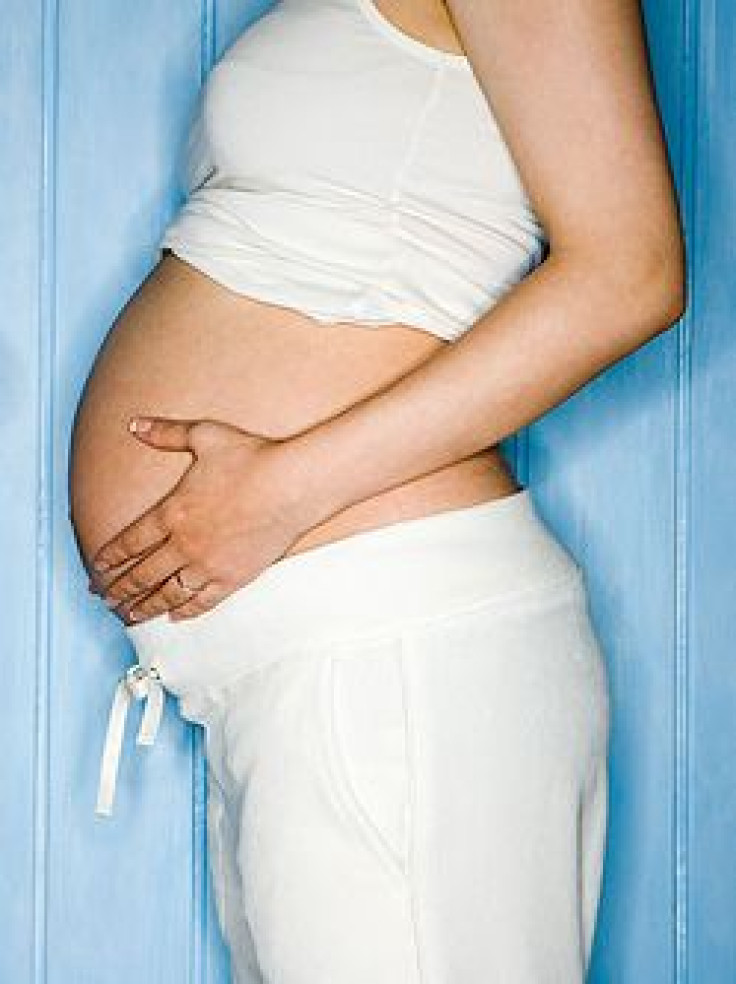Pregnant Asthmatic Smokers Face High Risk Of Preterm Birth And Other Adverse Perinatal Outcomes

Pregnant women may begin to feel shortness of breath, both in early and late stages of pregnancy, and find themselves huffing or wheezing. According to March of Dimes, the normal increases in progesterone cause pregnant women to breathe more often during the early stages of pregnancy, while the growth of the uterus causes more shallow breathing later in pregnancy.
Accordingly, expectant mothers who fail to control their asthma and monitor their lungs may be at risk for a series of health complications. For non-asthmatic pregnant women, shortness of breath is generally harmless and will not cut the amount of oxygen that their baby receives. However, asthmatic soon-to-be mothers who don't take precautions with their condition could severely limit the oxygen made available to their babies, potentially causing a series of adverse perinatal outcomes.
Women who are expecting and smoke also greatly increase the likelihood of adverse outcomes for their babies, possibly resulting in their children's death even before they can be born. The combination of nicotine and carbon monoxide found in cigarettes is known to reduce a baby’s supply of oxygen, according to the Baby Center.
While asthma and smoking have been separately linked to increased bleeding from the birth canal before labor, urinary tract infections, premature rupture of membranes, low birth weight, and preterm birth, the combination of the two can be deadly. Pregnant women who are asthmatic and choose to smoke significantly increase the risk of health complications for themselves and their newborns, according to a recent study.
Findings published online in the European Respiratory Journal reveal that approximately a quarter of pregnant women with asthma are smokers who greatly increase their chances of preterm birth and other adverse perinatal outcomes. Researchers from the University of Adelaide’s Robinson Institute evaluated data from more than 170,000 South Australian women for over 10 years (1999-2008) to observe maternal asthma, cigarette smoking, and the quantity of smoking.
"We know that being pregnant and having asthma poses risks to both the mother and the baby. We know that smoking poses risks to both the mother and the baby. But now we also know that the combination of these conditions represents a very dangerous situation,” said Dr. Nicolette Hodyl, lead author of the study.
The researchers compared non-asthmatic females who did not smoke during pregnancy, asthmatic females who did smoke during pregnancy, and asthmatic females who did not smoke during pregnancy. They found that 5.8 percent of pregnant women who were not asthmatic and did not smoke experienced a preterm birth. Women who were asthmatic but did not smoke had a preterm birth rate of 6.5 percent, while women who were not asthmatic but smoked had a rate of 9.4 percent. Expectant mothers who were asthmatic and smoked had a preterm birth rate of 12.7 percent.
A premature baby’s chance of survival depends on the level of prematurity and birth weight. Sixty-six percent of babies who are born at 24 weeks gestation and who are admitted to a neonatal intensive care unit (NICU) will survive and successfully go home, and 98 percent of babies born at 30 week gestation will survive, reports Better Health Channel in Australia. A full-term pregnancy typically lasts between 37 and 42 weeks.
Women with asthma who are planning to become pregnant should be advised to stop smoking, says the National Asthma Council Australia. A woman's asthma can affect her pregnancy, so it is crucial to maintain good asthma control and monitor the lungs on a regular basis.
If someone you know is pregnant and smoking, support her in quitting by visiting the Baby Center.



























